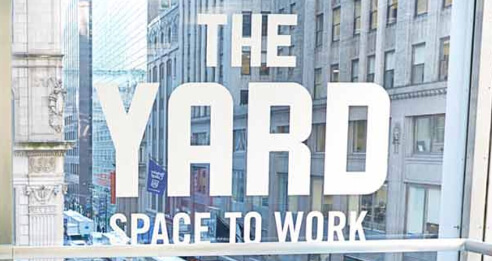
Largest Coworking Companies


Ever since the concept was introduced in 2005, coworking has been on the up and up. More and more young entrepreneurs and freelancers have abandoned traditional offices in favor of cozier, more home-like coworking spaces where they can collaborate, work with increased productivity and participate in exciting social events.

Who are the people comprising the coworking crowd? Usually these are young, ambitious professionals who choose flexible hours over the run-of-the-mill 9 to 5 jobs. A healthy work-life balance and a social life are also high on their list of priorities. The sense of collaboration and community, enormous flexibility, appealing design and other perks keep them coming back to coworking spaces.
Like almost everything else, even the necessary paperwork required for coworking rentals differs from that of traditional offices. Old-fashioned commercial rental agreements are quite complex and usually long-term, including such details as: fees, security deposits, subletting, and modifications. A commercial contract usually runs for several years, and to terminate it, a tenant might have to pay a fee to the landlord.

With coworking, which is usually understood as a distributed workspace, this agreement looks different. Instead of a rental agreement, you enter into a service contract with your clients. Coworkers pay not only for space, but also for the communal areas, access to networking, internet connection and special events. Rather than a leasing fee, a co-worker pays an occupancy fee. Each coworking space is different and are free to draw their own contract because such contracts are not regulated by law.
Coworking Space Management Guide
A comprehensive guide to help you manage your coworking space.
Each contract should clearly define which space can be solely used by a client and which amenities will be shared with other occupants. It can also outline the following information:
The main advantage of a coworking contract is that it is more cost-effective and flexible compared to a commercial lease agreement. However, it should contain clauses that reflect the community nature of shared spaces and help establish a positive working climate as well as strengthen performance.
Save your community manager 41 hours each week—learn how The Yard did it with cloud-based access control.
Read the Case StudyThe Guide to Make Your Space More Profitable
Including interviews with experts and consultants.
Free access to our best guides, industry insights and more.
